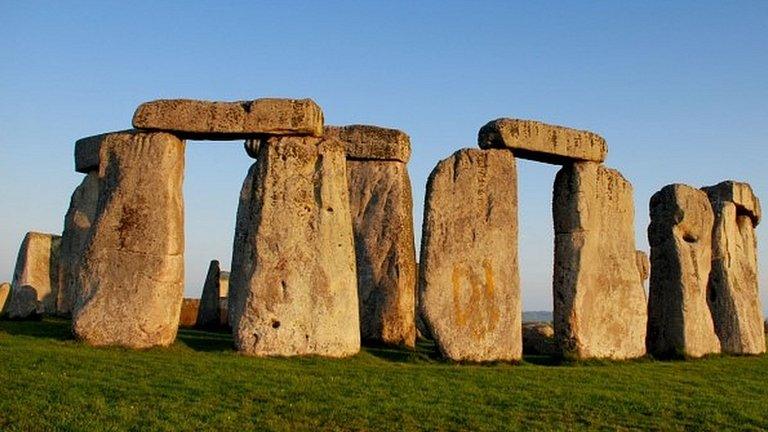Pagans lose High Court bid over Stonehenge convictions
- Published
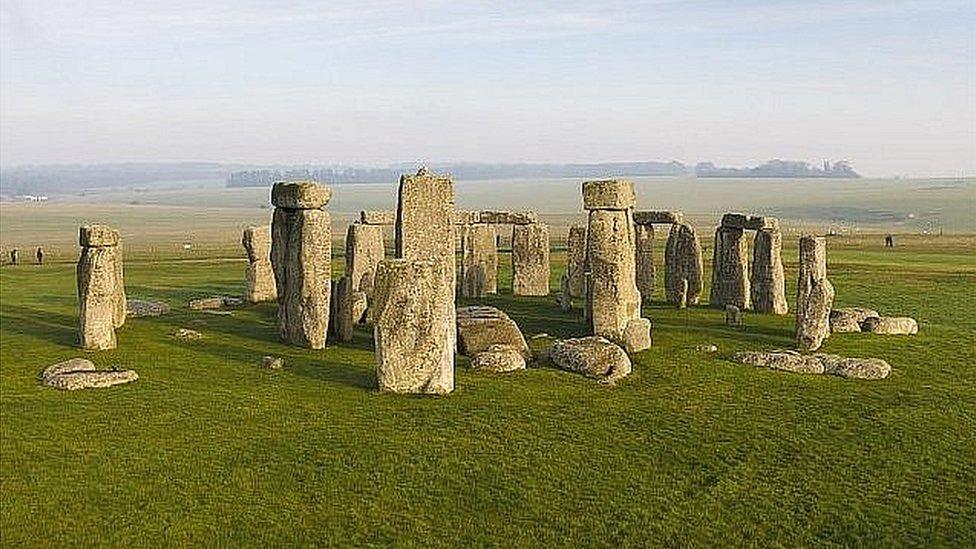
The judge said in the ruling that entry to the site is ticketed and timed in general admission hours, but the stone circle cannot be accessed during those times
Three pagans who entered the Stonehenge circle to sing and charge their crystals, have lost a High court bid to have their convictions overturned.
Maryam Halcrow, Angel Grace and Lisa Mead, bypassed a barrier and a no entry sign to enter the stone circle as part of a peaceful protest in 2018.
All three were convicted of breaching protections on the historic monument.
After Swindon Crown Court rejected an appeal against their convictions, they took their case to the High Court.
At a hearing in February, their lawyers argued they should have been cleared by the Crown Court as it was "disproportionate" to restrict their entry to the site while thousands of people are allowed to enter for the summer solstice.
It was argued they had a "reasonable excuse" to breach the rules because the restrictions infringed their rights to freedoms in respect of religion, expression and lawful protest.
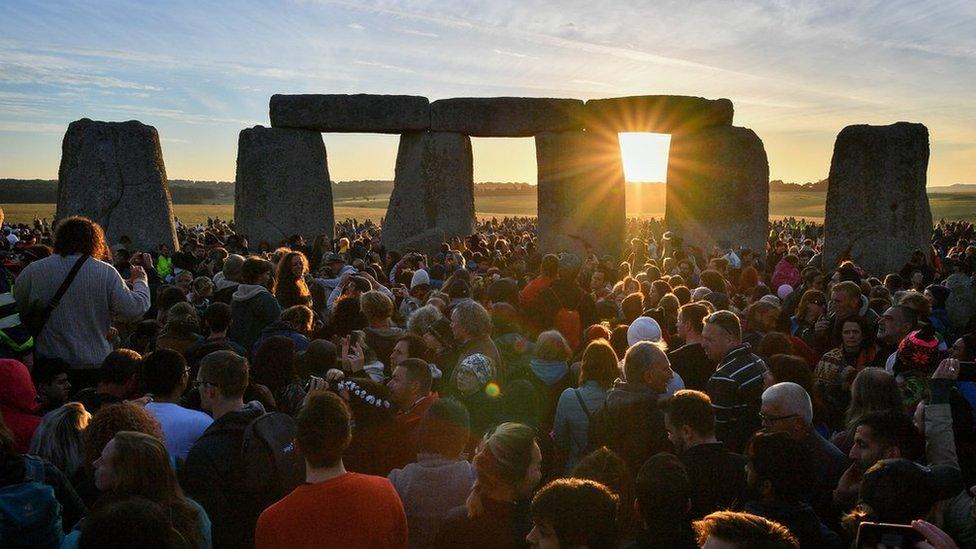
The judge also said there are "managed open access days" and it is possible to pre-book access, but people are not allowed to touch the stones
But in a ruling on Wednesday Lord Justice Dingemans and Mrs Justice Steyn dismissed their appeals, saying the interference with their rights was "justifiable and proportionate".
"It would have meant in practice that access to the stone circle would have to be lifted as and when any person chose to walk into the stone circle, so long as they were protesting or exercising religious rights," said Lord Justice Dingemans.
"Such access would inevitably have an adverse effect on Stonehenge to the detriment of current and future generations."
'Full moon access'
Ms Halcrow and Ms Mead stepped over a rope barrier to enter the stone circle with others on February 4, 2018, to protest over the management of the site and the entry fee.
The pair, along with Ms Grace, also walked on to the site without tickets on May 6, 2018, and entered the stone circle.
Ms Mead said she derived energy from the stone circle and could charge her healing crystals there.
While Ms Halcrow, a pagan since 1984, said she wanted to access the stone circle every full moon as part of her beliefs.
Ms Grace, known as the "bard from Avebury" and the "Stonehenge singer", said she wanted access to the site eight times a year for druidic festivals and to remedy her back pain.
The three women were given conditional discharges following their initial convictions.
Related topics
- Published11 December 2023
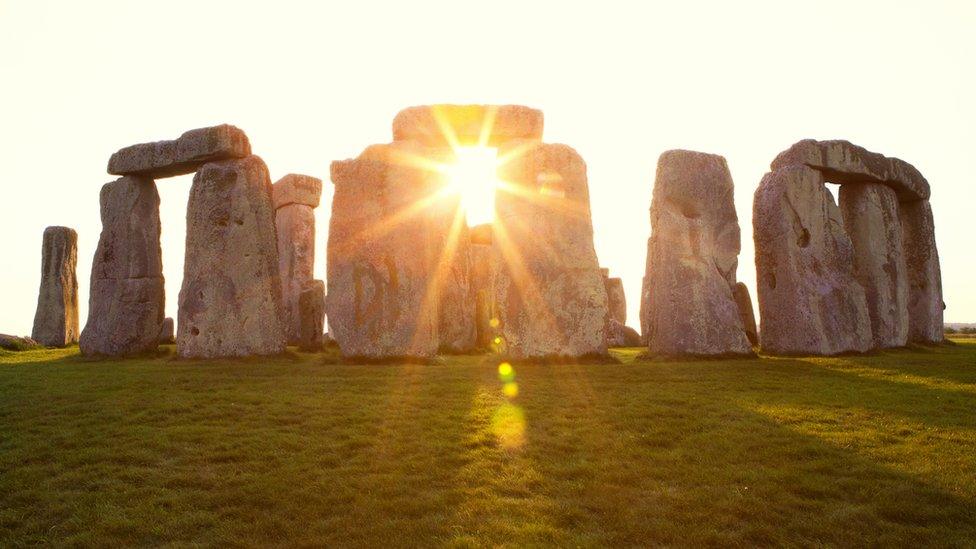
- Published19 December 2020
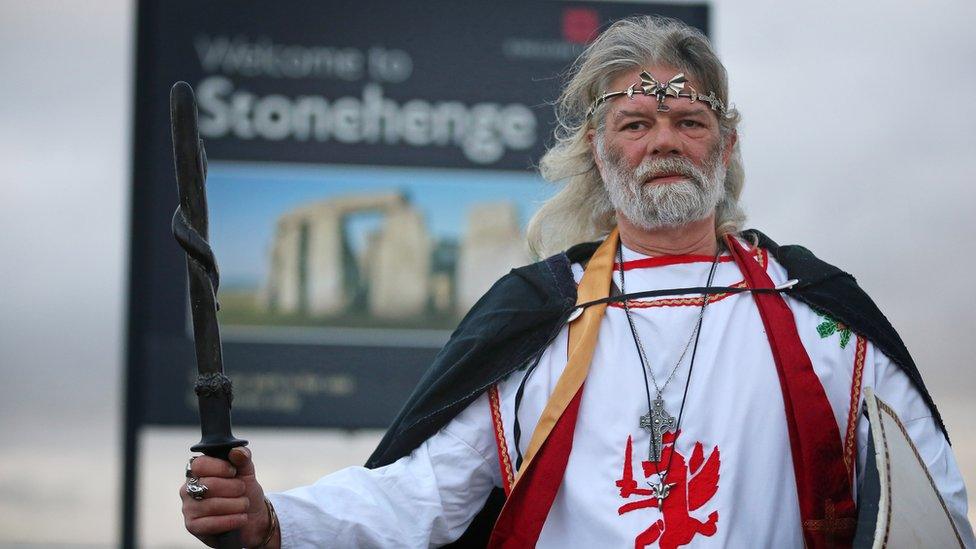
- Published18 September 2020
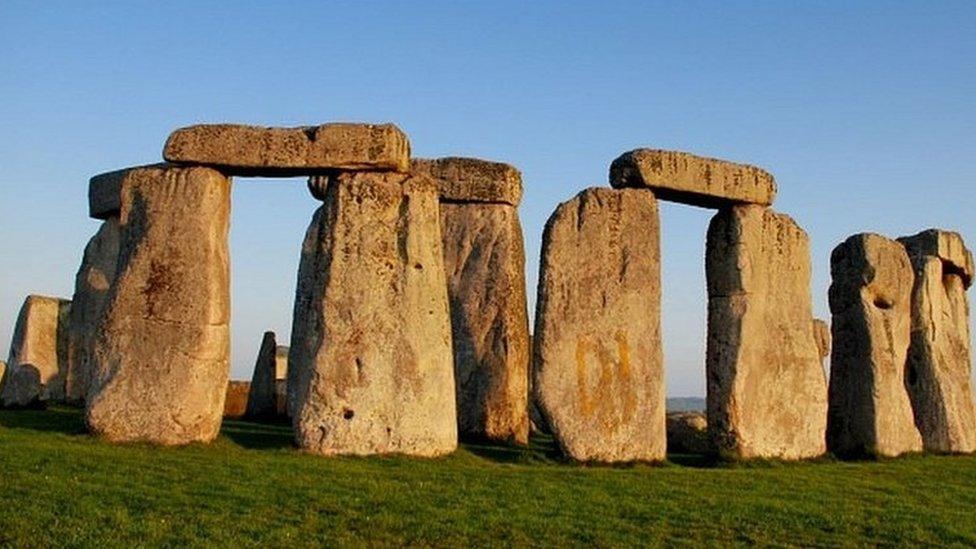
- Published29 July 2020
